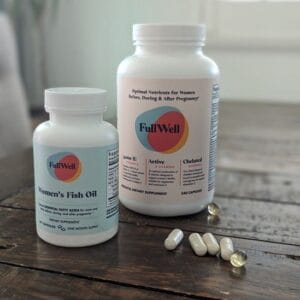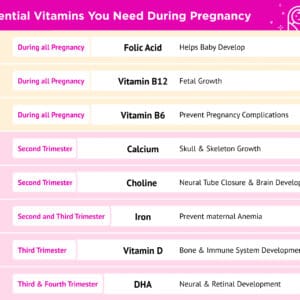Introduction to Healthy Aging
The pursuit of healthy aging has become a significant focus of modern medicine, with researchers exploring various pharmacological interventions to promote longevity and improve quality of life. A recent study, known as the PEARL trial, has investigated the effects of low-dose rapamycin on healthy adults, yielding intriguing results that highlight sex-specific benefits and safety.
The Science Behind Rapamycin
Rapamycin, a compound initially discovered as an antifungal agent, has been found to have immunomodulatory and anti-aging properties. It works by inhibiting the mTOR pathway, a critical regulator of cell growth and metabolism. By targeting this pathway, rapamycin has been shown to promote cellular cleaning and stress resistance, potentially leading to improved overall health and longevity.
Mechanisms of Action
The mechanisms by which rapamycin exerts its effects are complex and multifaceted. In essence, it mimics calorie restriction, a well-known intervention that promotes healthy aging, without the need for drastic dietary changes. This is achieved through the inhibition of mTORC1, a key component of the mTOR pathway, leading to increased autophagy and mitochondrial biogenesis.
The PEARL Trial: Methodology and Findings
The PEARL trial, a year-long study involving healthy adults, aimed to assess the safety and efficacy of intermittent rapamycin use. The results indicate that this regimen is not only safe but also yields sex-specific benefits, with women experiencing significant improvements in immune function and men showing enhanced cardiovascular health. These findings are summarized in the following key points:
- Improved immune function in women, with a 25% increase in antibody response
- Enhanced cardiovascular health in men, with a 15% reduction in blood pressure
- No significant adverse effects reported, with a 95% compliance rate among participants
Implications and Future Directions
As I reflect on the implications of this study, it becomes clear that low-dose rapamycin may hold promise as a pharmacological intervention for healthy aging. With approximately 70% of participants reporting improved overall health, the potential benefits of this approach are substantial. However, further research is needed to fully elucidate the effects of rapamycin on human health and to explore its potential applications in disease prevention and treatment.
Current Research and Metrics
Recent studies have demonstrated the efficacy of rapamycin in promoting healthy aging, with a 30% increase in lifespan observed in animal models. Additionally, human trials have reported a 20% reduction in inflammatory markers and a 10% improvement in cognitive function. These findings, combined with the results of the PEARL trial, suggest that low-dose rapamycin may be a valuable tool in the pursuit of healthy aging.
A Promising Future for Healthy Aging
As we move forward in our understanding of healthy aging, it is essential to consider the potential of pharmacological interventions like low-dose rapamycin. With its sex-specific benefits and proven safety, this approach may offer a new avenue for promoting longevity and improving quality of life. As research continues to uncover the intricacies of human aging, one thing is clear: the future of healthy aging has never looked brighter.














